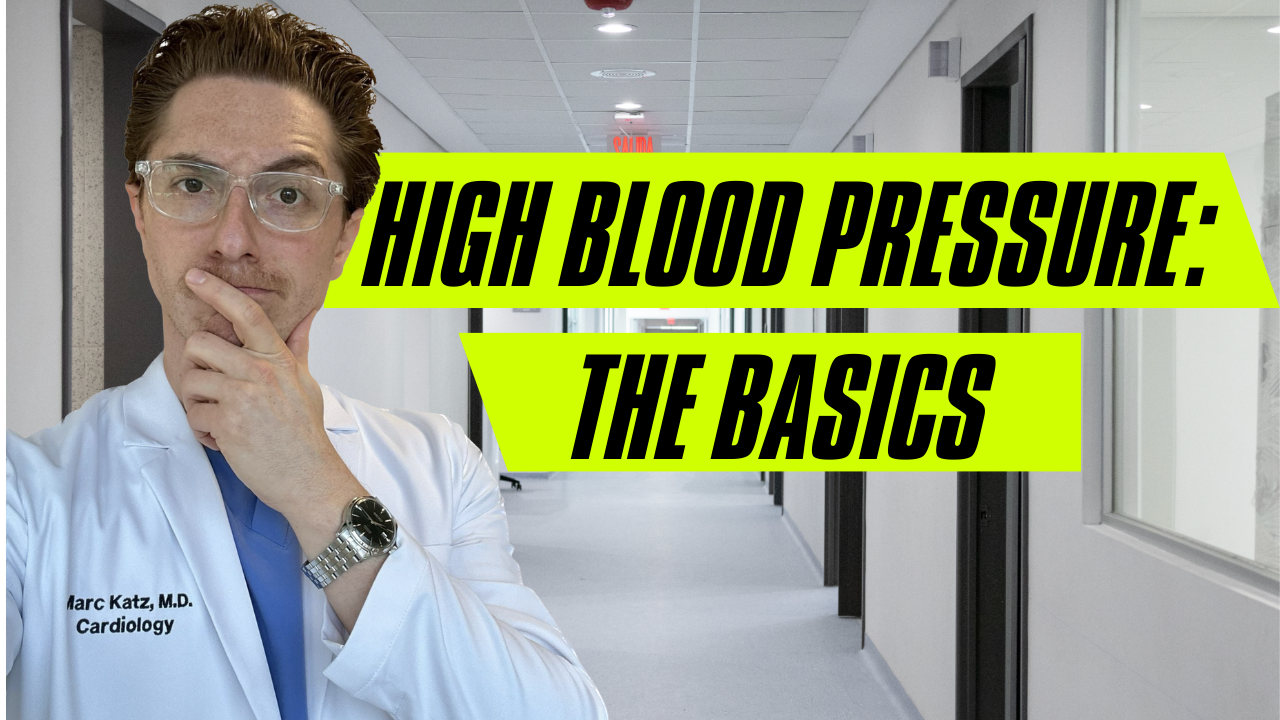Spotlight Interview: DO graduate earns OB/GYN residency
Tell us a little about yourself. What are your career goals in medicine? Who are you outside of medicine?
I’m Maureen. I’m 27 and originally from California. The first question people ask me when they learn that is “why did you leave beautiful sunny California to come to gross Philadelphia?” but I actually really love it here. I guess you could say I’m more of an east coast, fast paced type of person…probably part of why I love OB/GYN. I hope to be an adolescent gynecologist but I’m sure I will change my mind in the next four years. Outside of medicine, I love to cook, travel, and hang out with my friends with a glass of cab.
What should fourth year medical students do the summer before medical school? What did you do?
Before medical school, I took a vacation. I stopped working about two months before med school started to travel with friends and reset my mind. I also had to move from San Diego to Philadelphia, so I road tripped across the country with my dad. I wouldn’t suggest anything else. Relax. Don’t study. Spend time with family and friends. Work on your friendships because free time will be compromised.
Where did you go to medical school?
I went to PCOM—the Harvard of DO schools! I only applied to DO school. I had a 33 MCAT, but my GPA was only a 3.2. I knew I wasn’t competitive for MD schools in locations I wanted to live (California, Philadelphia, NYC). PCOM was the first school I interviewed at, in the beginning of October. I got my acceptance October 31st. I went to one other interview and cancelled the rest. I knew PCOM was the right place for me.
What advice would you give to pre-med applicants about applying to medical school?
I would tell pre-med students to do well on their MCAT and to not neglect their GPA. Scores get you in the door—a theme that will ring true again for residency. Nothing else will guarantee interviews like solid numbers.
So for those of us who don’t know, what’s the difference between a DO and an MD medical school?
At DO schools you learn osteopathic manipulative medicine (OMM). It means 1-2 extra lecture hours a week along with one 90-minute lab session to practice the techniques. It means taking a different board examination. Otherwise, I don’t think there are any differences—but I am a little biased.
Do you plan on continuing to use OMM in practice?
Unfortunately it’s not realistic to use OMM in residency. You just don’t have time. If I end up in private practice then I will 100% use OMM. It really does help patients with musculoskeletal issues. If you learn to bill correctly, it can also be extremely lucrative. I spent two months of my fourth year working in my school’s OMM department so I was able to see what consistent treatment can do for a patient with low back pain or carpal tunnel. I probably have a bigger appreciation for OMM than most other current DO students.
Let’s fast forward to fourth year of medical school. How many OBGYN programs did you apply to? Any backup specialties?
I applied to 59 programs. Philadelphia, New Jersey, and NYC. I didn’t apply to any backup specialties. I got around 20ish interviews and stopped counting. I really wanted to be in either Center City, Philadelphia or NYC, so I cancelled most of my NJ interviews when I had a few in Philadelphia. I went on 9 interviews—much less than the average candidate. I would say most people did 15-20 at least. I also took a big risk and only ranked 6 programs. I honestly just had a hard time picturing myself being happy at any program outside of my top 4. It was a hard decision but I risked it. Luckily, I got my first choice and it’s been 6 weeks and I haven’t cried yet. Complete success.
Do you think you had an advantage or disadvantage applying to residency as a DO?
Definite disadvantage in a few areas. First, certain schools do not accept you. Waste of money to apply. Second, some sites, especially those tied to Caribbean schools, do not allow you to rotate there. Which takes away the chance to do sub-internships there which are important for almost every specialty. I definitely got asked awkwardly on interviews “What is a DO?” and it sucked.
Every potential applicant is probably dying to know, so what were your step scores? Did anything on your resume separate you from the crowd?
- COMLEX level 1: 629
- COMLEX level 2: 627
- USMLE step 1: 233
- USMLE step 2: 251
Those scores definitely helped me land interviews at solid allopathic university programs like Drexel, Temple, SUNY- Downstate who have a paucity of DO’s in their resident pools. I was often the only DO or one of a handful on interview day. I also did research between first and second year of med school and got a paper published in Menopause. I think my research my scores are 100% what got me interviews. I also was president of PCOM’s OB/GYN club, served as a class representative in our student government, and taught gymnastics during first and second year.
What advice do you have for someone who wants to apply to OBGYN but didn’t score that well on step 1 and/or step 2?
Apply early and broadly for sub-I’s and show up and work your ass off. That’s the single best, and in some cases only, thing you can do to get an interview.
What were OBGYN interviews like? Any advice on how to succeed on interview day?
Lots of women, ha. I actually made some great friends on the interview trail. It was really comforting. Know your application, know your research, know where you want to be in five years. Have questions ready—my favorite was “how do you hope to see the program improve in the next 5 years?” Know where the program director trained. Otherwise, just be friendly. Talk to the residents about their personal lives. Ask if they residents hang out together—if the answer is anything other than “oh yeah! We’re all friends!” you know that program probably isn’t very social. Really try to see how you fit with the residents. That’s the most important thing. Who do you want to be stuck on 15-hour nights, 6 nights a week with?
What should current applicants look out for in an OB/GYN program? (besides free food on interview day)
They should look how they fit in with the residents. Go to the pre interview dinners and talk to them about how they feel about the program. Interviews will get very cumbersome by the end so you will cancel a few. Rationalize it in that you’re opening the door for someone else who might really want that spot. Figure out your non-negotiables and make your rank list from there.
Any other advice that you’d want to give fourth year medical students currently applying for the match?
Breathe!



The title of this article is SO incredibly frustrating, as if DOs are somehow less than. There are Thousands of DO specialists and Surgeons, please, quit perpetuating this ridiculous notion.
I couldn’t agree with you more. I firmly believe that there is little that separates osteopathic graduates (D.O.) from allopathic grads (M.D.)…except DO grads have to take even more classes than MD’s (OMM) and potentially take two standardized tests instead of just one (COMLEX, USMLE)! By no means was the intention of this article, or it’s title, meant to infer that DO graduates are by any means inferior. I simply had not interviewed an osteopathic graduate yet and wanted to reach out to any pre-med or medical students in the DO field. To show them that others have succeeded before them and that they can too